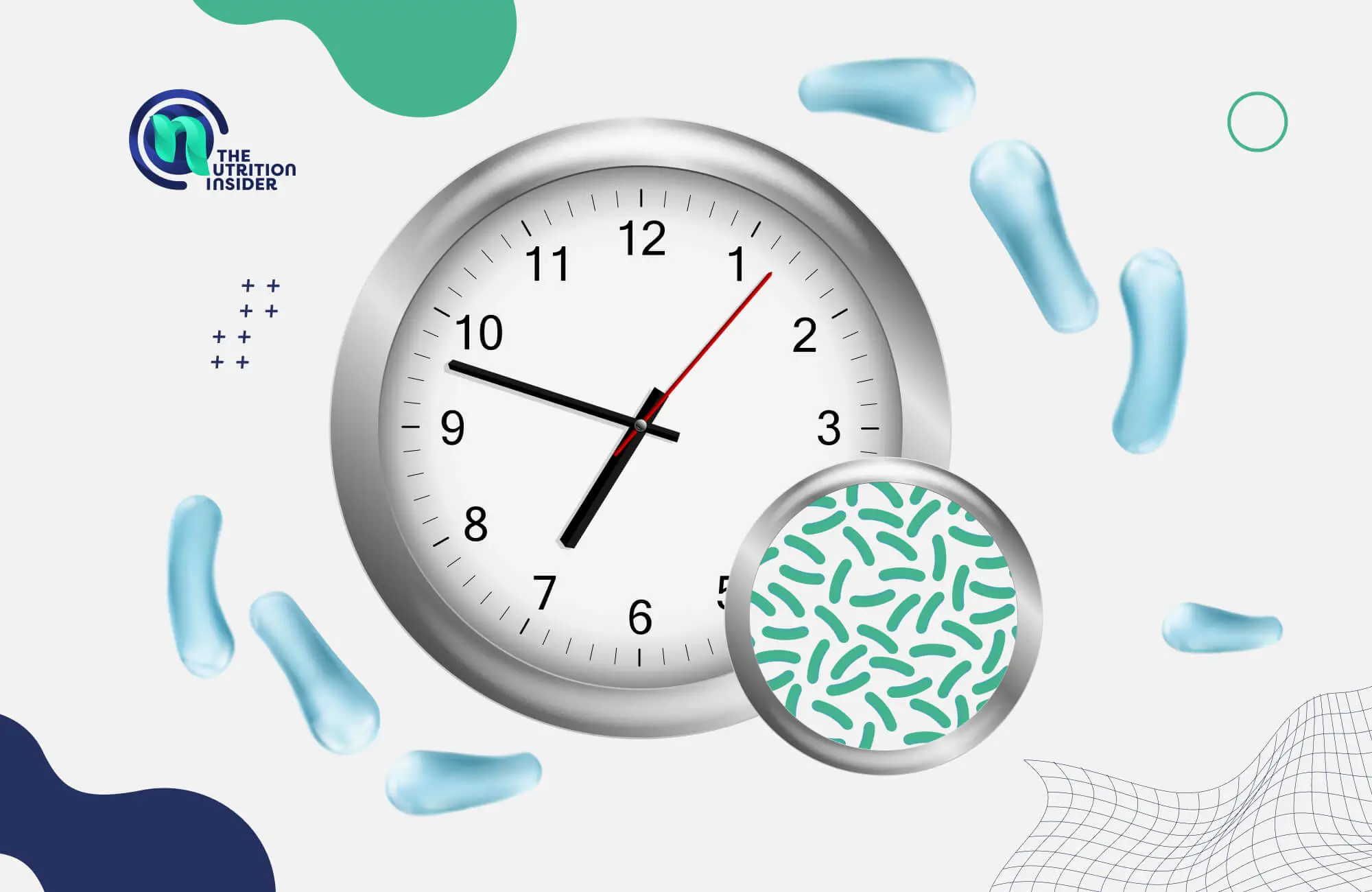Why Am I Not Losing Weight on Phentermine? A Dietitian Explains Why
Evidence Based Research To fulfill our commitment to bringing our audience accurate and insightful content, our expert writers and medical reviewers rely on carefully curated research.
Read Our Editorial Policy
If you’re taking phentermine but still not losing weight, you’re not alone—even though it’s touted as a “magic pill” for weight loss, that’s not always the case.
Phentermine is one of the most popular weight loss medications, typically prescribed for short-term use to help treat obesity. While studies show that phentermine can help people lose 5-10% of their body weight over a few months, not everyone experiences the same results.
In this article, we’ll explore seven reasons why you’re not losing weight on phentermine, along with some essential safety information you need to know if you use it.
Lose the Guesswork
Get a science-backed calorie & macro plan to lose weight sustainably, built for your life.
Lose the Guesswork
Get a science-backed calorie & macro plan to lose weight sustainably, built for your life.

1. You’re Not in a Calorie Deficit
No matter what diet or medication you’re on, the reality is that if you take in more calories than your body needs, you won’t lose weight.
Even if you’re eating nutritious and healthy foods, you can still eat more calories than you burn.
To get a personalized recommendation of how many calories you need for healthy and sustainable weight loss, consider working with one of our Registered Dietitians (RD) for expert guidance.
2. You’re Undereating
Surprisingly, eating too little can stall your weight loss just as much as eating too much.
When your calorie intake drops too low, your metabolism can slow down in response.
Essentially, your body thinks it’s in survival mode and conserves energy by holding onto fat stores.
This adaptive response can make it harder to lose weight, not easier.
Chronic undereating can also lead to muscle loss, nutrient deficiencies, fatigue, and visible signs like brittle hair and nails. This is especially common with appetite-suppressing medications like phentermine.
Meeting with an RD can help ensure you’re eating the right number of calories for your body and troubleshoot symptoms like extreme appetite suppression, if that’s part of the problem.
3. You’re Not Taking the Right Dose
Finding the correct dose of phentermine can take some trial and error.
You may not experience noticeable appetite suppression or energy benefits if your dose is too low.
On the other hand, too high a dose can lead to more significant side effects like jitteriness, insomnia, anxiety, or a racing heart, which can make it harder to stick with.
Your healthcare provider should monitor your response and adjust your dosage accordingly. Talk to them if you’re not seeing results or experiencing side effects.
4. You’re a “Non-Responder”
Your body may not respond to phentermine as expected, which could be due to individual biological and genetic factors that make your body less sensitive to the medication’s appetite-suppressing effects.
If you’re taking phentermine as prescribed but not experiencing appetite suppression, increased energy, or weight loss, your body simply may not be sensitive to its effects.
If that’s the case, your doctor may suggest trying a different weight loss medication or strategy better suited to your body.
5. You Have an Underlying Health Condition
Several health conditions may affect whether you experience success with phentermine.
Some of the leading disorders that affect weight include hypothyroidism, PCOS (polycystic ovarian syndrome), and Cushing’s disease, which can affect metabolism, hormone balance, and weight regulation.
If you think you might have an underlying health condition, contact your doctor and ask what tests they recommend.
6. You’re Overstressed or Undersleeping
Even if you’re experiencing appetite suppression from phentermine, your sleep and stress habits can derail your weight loss results.
When you’re chronically stressed, your body has higher levels of cortisol—our primary stress hormone that can promote fat storage.
Similarly, chronically poor sleep can increase cravings for unhealthy foods and disrupt your hunger and satiety hormones.
7. You’re Not Making Lifestyle Changes
Phentermine is not a magic pill, meaning it’s not a substitute for healthy habits.
Lasting and sustainable weight loss requires eating a balanced diet, staying active, staying hydrated, and getting enough sleep.
While phentermine can be a tool to help you lose weight, it shouldn’t be the only thing.
A Registered Dietitian can help you make a plan for adding healthy habits into your lifestyle.
How Does Phentermine Work?
Phentermine is a central nervous stimulant used to treat obesity in people who have had trouble losing weight through diet and exercise alone.
It’s typically prescribed to people with a body mass index (BMI) of 30 or higher or to those with a BMI of 27 or more who also have conditions such as diabetes, high blood pressure, or high cholesterol.
Phentermine belongs to a class of medications called anorectics.
It stimulates neurons to release dopamine and norepinephrine—neurotransmitters involved in appetite regulation—which may help reduce hunger signals and appetite. While not all of the mechanisms are fully understood, many people experience reduced appetite and increased energy while using it.
Important Warnings About Phentermine
While phentermine can be effective for weight loss, it’s essential to know that it’s not suitable for everyone and comes with some pretty significant warnings.

Here’s what you need to know:
- It’s for short-term use only: Phentermine is a central nervous system stimulant that can be habit-forming and addictive. You shouldn’t take it for more than 12 weeks.
- High risk of side effects: Extended use can increase the risk of side effects like high blood pressure, heart palpitations, and anxiety. It can also cause increased heart rate, dizziness, insomnia, mood changes, tremors, headaches, dry mouth, an unpleasant taste, diarrhea, hives, impotence, and changes in libido.
- It can cause primary pulmonary hypertension (PPH): PPH is a rare lung disease and type of high blood pressure that can be fatal.
- It can cause valvular heart disease: Phentermine can harm your heart valves and interrupt the blood flow through your heart to your body.
- Medical contraindications: It’s not recommended for people with a history of heart disease, high blood pressure, glaucoma, or thyroid disorders.
- Medication interactions: Phentermine may interact with other medications, especially those used for depression, anxiety, or high blood pressure.
How an RD Can Help
Phentermine can be an effective tool for weight loss. Still, it’s essential to remember that sustainable and long-lasting results also involve healthy habits and proper guidance—and that phentermine is not for everybody.
An RD can help by providing tailored meal plans, addressing any side effects you might experience, and offering continuous support to ensure your weight loss efforts stay on track.
An RD can guide you through your weight loss journey by helping you balance your nutrition, manage stress, and create healthy habits.
At The Nutrition Insider, our RDs are here to help! Book a virtual appointment with one of our experts and start working toward your goals today.








